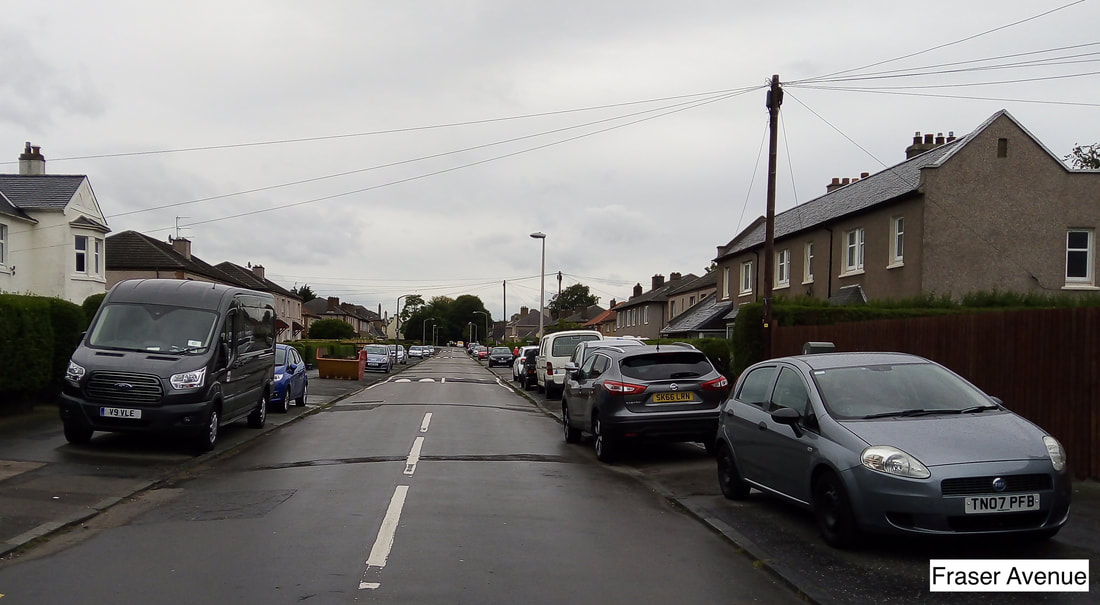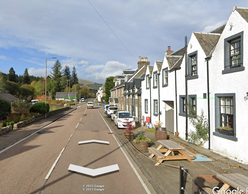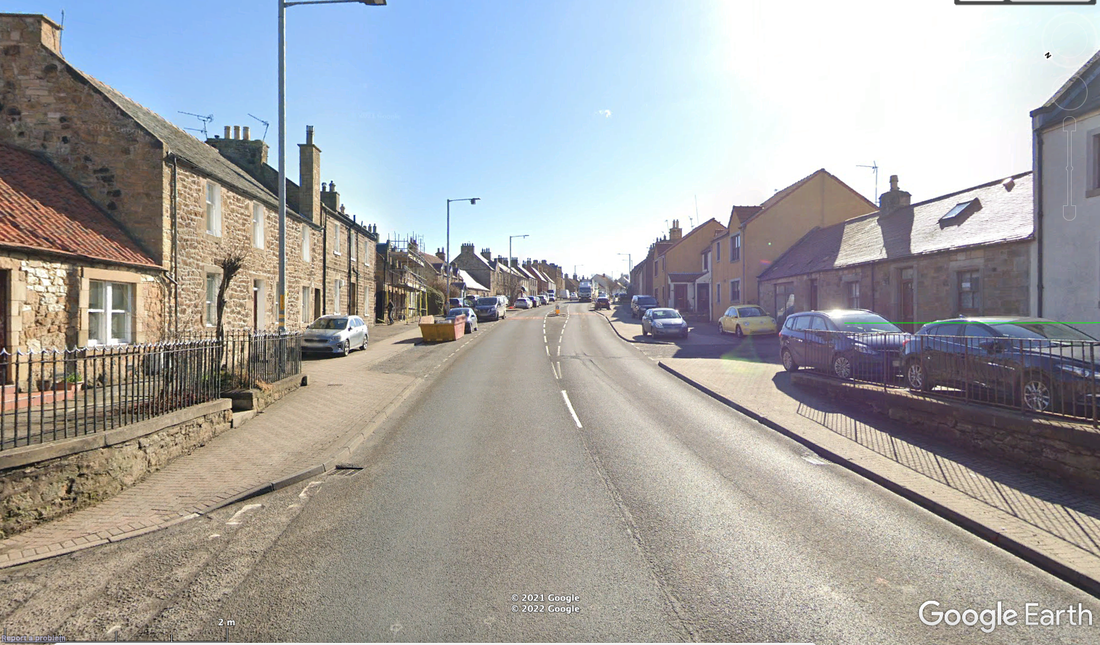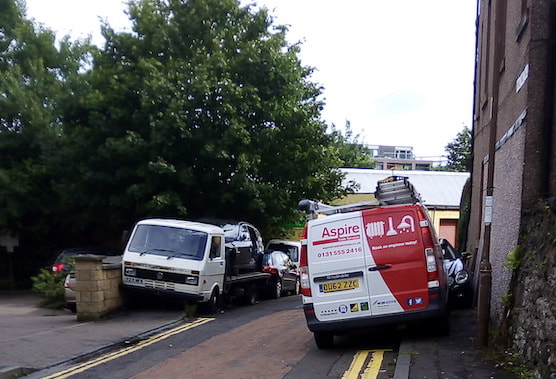a) "the footway is of sufficient width to enable 1.5 metres (down to an absolute minimum of 1.2 metres over a short distance to take account of street furniture) to be available for the passage of non-vehicular traffic (including pedestrians, wheelchair users and mobility scooters) when a vehicle is parked on the footway,"
or:
b) "the carriageway associated with a footway is of sufficient restricted width or access that it would be rendered unpassable by emergency vehicles when one or more vehicles are parked on the carriageway, but would be possible to access if vehicles were permitted to park on the footway."
The second scenario, the ‘fire engine’ exemption, has even less merit. There's not even the slightest intent to protect pedestrian space (1.5m, 1.2m or whatever). If a street, or even one side of it is exempted, pavement parking will become even more normalised than at present. Parking attendants (if they exist in the area at all) won’t even visit exempted streets.
Nevertheless, I can see that there will be public demands to exempt certain streets from the ban. Especially from rural areas, where parking on pavements and verges may long have been the norm, and where many in the local community feel that this ‘works’. The images for Strathyre, Stirlingshire and Pathhead, Midlothian, illustrated below, are the kind of villages where I can anticipate demands for exemption on this grounds. There will indeed no doubt be some disabled people who themselves park on pavements and support exemption - and others who don't share the view that 'it works'.
Presumably, anyone parking on a footway in a street that has a legal exemption from the pavement parking ban will be immune from ticketing under a decriminalised parking regime, no matter how badly they park, even if they block the entire pavement. It could be argued that this is police matter as obstruction offences will remain potentially liable to action from Police Scotland. However, experience shows that in practice, the police will not enforce obstruction of the pavement - as for example, the residents of Clockmill Lane Edinburgh (below) have found. This won’t change once the ban has come into effect: exempted streets will be a free-for-all for antisocial parking, and there will be nothing that anyone affected (especially disabled people) or the local council can do about it. This is an even worse position than the present.
But wouldn’t allowing no exemptions criminalise ‘common sense’ pavement parking in communities ‘where it works’? Not in practice, no. In the real world, we all know that enforcement won’t be universal; resources will be focussed on problem areas. Many councils have no Decriminalised Parking Enforcement (DPE) and even urban councils which do have parking wardens deploy them in targeted areas. So there will be no incentive for councils to target communities where pavement parking isn’t seen as a problem; but the potential for enforcement action must remain an option if it becomes one.




 RSS Feed
RSS Feed
